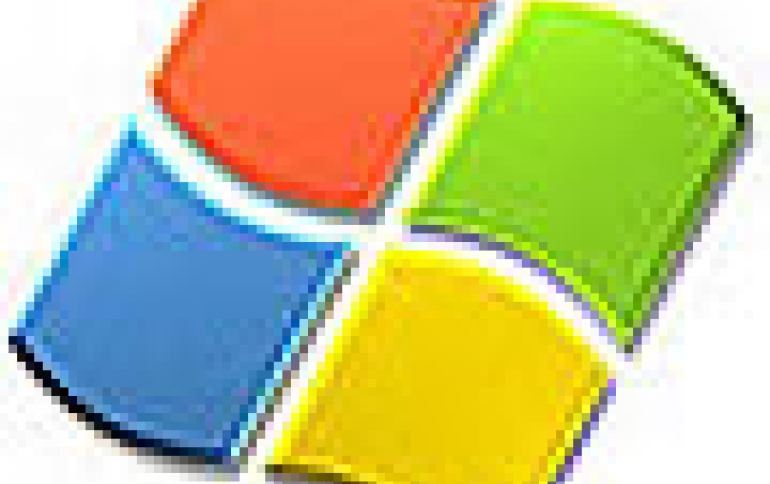
Microsoft antitrust proposal wins over EU
Microsoft cleared a major stumbling block on Monday and won praise from the European
Commission for finally putting forward acceptable proposals to comply with European Union
antitrust sanctions.
The risk that the EU executive might hit the world's largest software company with a fine
of up to $5 million a day receded because Microsoft's proposal allows non-Microsoft work
group servers to interoperate with Windows personal computers and servers.
The plan will be put to industry peers for their opinion over the next two weeks of market testing before the Commission makes a final assessment, but an open-source software group that is a major rival raised immediate objections.
The Commission postponed the most troubling questions about open-source licenses until an EU court rules next year on Microsoft's broad challenge against its antitrust decision.
Open-source software is distributed freely to software developers as long as they make public any underlying source code, and Microsoft's proposal would not allow public distribution of its code.
The Commission, which polices competition in the 25-nation bloc, fined Microsoft a record 497 million euros ($609.8 million) more than a year ago and demanded changes to its business practices, which it found were an abuse of its quasi-monopoly on computer software.
The plan will be put to industry peers for their opinion over the next two weeks of market testing before the Commission makes a final assessment, but an open-source software group that is a major rival raised immediate objections.
The Commission postponed the most troubling questions about open-source licenses until an EU court rules next year on Microsoft's broad challenge against its antitrust decision.
Open-source software is distributed freely to software developers as long as they make public any underlying source code, and Microsoft's proposal would not allow public distribution of its code.
The Commission, which polices competition in the 25-nation bloc, fined Microsoft a record 497 million euros ($609.8 million) more than a year ago and demanded changes to its business practices, which it found were an abuse of its quasi-monopoly on computer software.





















